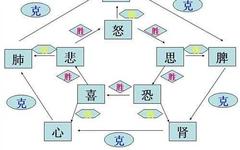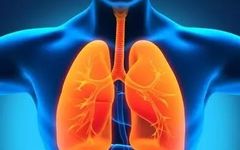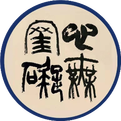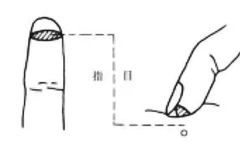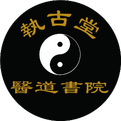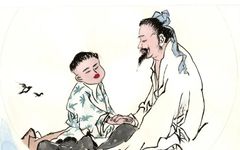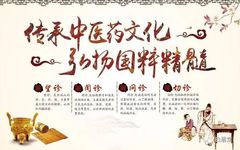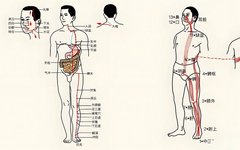Emotions and Diseases: The Relationship Between the Seven Emotions and the Five Organs
Inheriting Traditional Chinese Medicine Culture and Cultivating TCM Talent We hope more people can share this with their friends, allowing every Chinese person to learn about and understand TCM. What are the Seven Emotions? Traditional Chinese Medicine (TCM) considers the Seven Emotions to be joy, anger, worry, thought, sadness, fear, and shock. These are the … Read more

